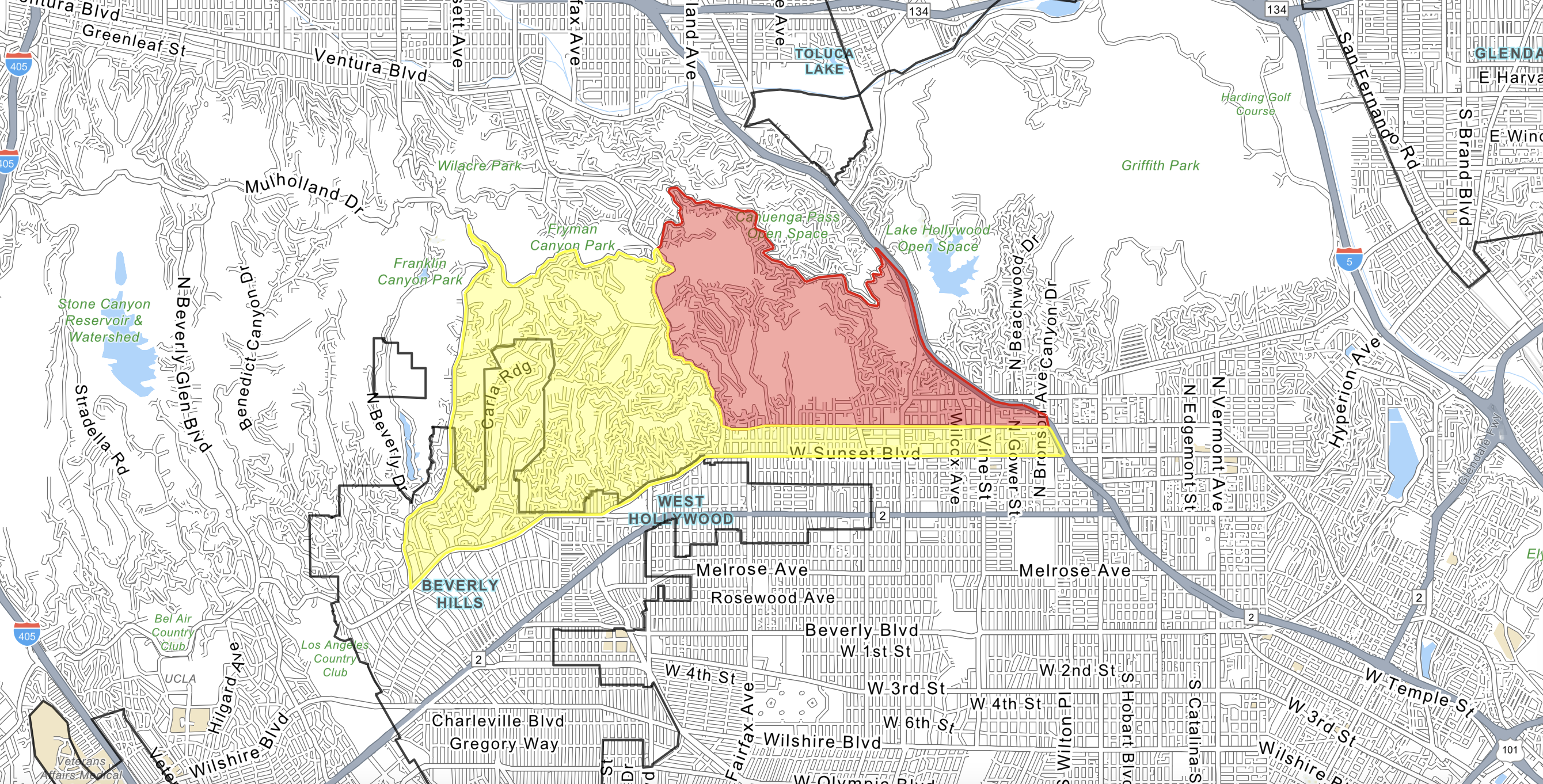Ever folded laundry while on a video call, or sneaked in an episode of your favorite show during work hours? You're not alone.
A new survey, conducted this month by Talker Research, polled 1,000 Americans about their work-from-home habits. Spoiler alert: It's not all spreadsheets and emails.
While 92 percent of all respondents admitted to doing something that wasn't work during their time clocked-in, there was one generation that stood out as the most likely to sneak in a personal errand while working from home—Millennials (born between 1981 and 1996).
HR strategist and organizational psychologist, Etty Burk, told Newsweek that the shift toward remote work reflects a broader shift in workplace culture.
"Flexibility has become a crucial element for both companies and employees to thrive," Burk said. "Working from home (WFH), including hybrid models, isn't just a perk anymore—it's a way to support work-life balance, increase job satisfaction, and attract great talent. But it does raise questions about productivity and accountability."

Netflix and Work?
Among Millennials, 55 percent confessed to watching TV during work hours. But that's not all—they're also cooking (57 percent), doing household chores (45 percent), and even sneaking in naps (39 percent) between tasks.
This is compared with 26 percent of Gen X (born 1965-1980) who admit to taking a nap while working, and only 17 percent of Baby Boomers (born 1946-1964) who admit to doing the same. Gen Z (born 1997-2012) were the most likely to say they did none of the non-work related activities highlighted in the survey, with 13 percent selecting "none of the above."
It isn't just catching up on sleep either; nearly a third of Millennials, admitted to shopping online, while 34 percent said that they are juggling child care alongside their work.
But for many companies, work-from-home multitasking isn't necessarily a bad thing. Dima Eremin, CEO of BluedotHQ, an AI-powered Google Meet notetaker, sees it as a sign of a healthy work-life balance.
"I don't mind my employees running errands during work hours as long as it doesn't negatively affect their results," Eremin told Newsweek. "Remote work offers flexibility and happier employees are often more productive."
With Eremin's company embracing a fully remote team spread across the globe, he said that the priority is skills and performance, not whether someone takes their dog for a midday walk or fits in a quick workout (something 25 percent of Millennials do, by the way).
Employees Get Distracted
Not everyone is sold, though. Renante Altar, a project manager at e-commerce firm Creloaded, has reservations about remote working.
"There's something you can't replace about the energy of having everyone in the same room," Altar told Newsweek. "In an office, ideas flow naturally, and projects move faster. When people work from home, they get distracted by personal things, and we've had missed deadlines because of it."
Nevertheless, Millennials seem to have fully embraced the blend of work and life. In addition to the more casual home-office perks, they're also taking the time to meet up with friends (18 percent) or moonlight with a second job (16 percent)—all while managing their main gig. It seems for this generation, the flexibility of working from home is more than just a perk—it's a lifestyle.
"While there used to be a strict line between work and personal time, remote work has made flexibility necessary," Burk said. "If employees are meeting deadlines and getting their work done, allowing them to take care of personal tasks during the day can actually help reduce stress and improve overall productivity.
"It's about focusing on results, not just hours logged. Of course, clear expectations and communication are key, but giving a bit of autonomy shows trust and helps make remote work more sustainable for everyone."
![SOURCE SPORTS: [WATCH] Mets Capt. David Wright Gives Interesting Insight On The Honor Of His Jersey Retirement In Citi Field](https://thesource.com/wp-content/uploads/2025/01/01fs75fy836w8mp4ytwr.webp)



















 English (US) ·
English (US) ·